


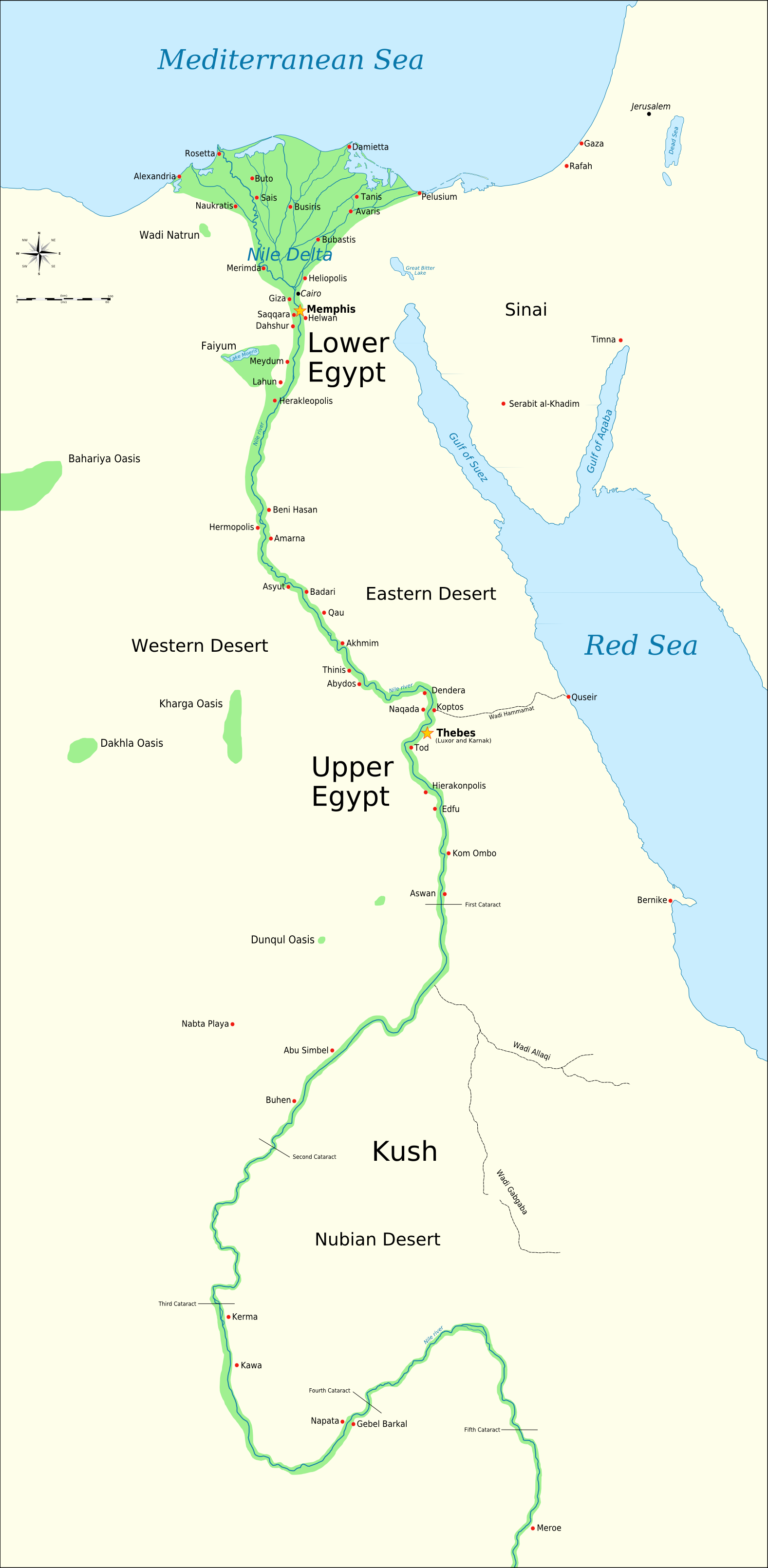 Source: Wikimedia Commons
Source: Wikimedia Commons
In this topic you'll learn all about Ancient Egypt. This period of history covers a large range of topics, from the role of the Nile in the life of Ancient Egyptians to the mighty pharaohs and how the Ancient Egyptians buried their dead. Click through the tabs at the top of this page to focus in on a topic, or read through the resources below for a general overview to start off your investigation into Ancient Egypt.

Afterlife: The place where the Ancient Egyptians believed they would go after they died.
Akhet: The season of the year when the Nile river flooded.
Amulet: A charm worn that the Ancient Egyptians thought had magical powers.
Amun: The main god of the New Kingdom.
Ankh: A symbol carried by the pharaohs and gods that meant "life".
Book of the Dead: A text that had a number of magic spells that were supposed to help a person in the afterlife.
Canopic jars: Special jars that held the organs of a mummy including the lungs, intestines, liver, and stomach.
Cedar: A tree from the land of Lebanon that produced wood that was good for building. The Egyptians used cedar wood to build their ships.
Delta: The region of land where the Nile River split into several branches before emptying into the Mediterranean Sea.
Dynasty: A period of rule when a series of kings or pharaohs all came from the same family.
Egyptologist: An archeologist who specializes in Ancient Egypt.
Eye of Horus: A good luck sign of the Sun or Moon that the Egyptians believed protected one from evil.
Giza: A place where several large pyramids and the Great Sphinx were built.
Hatshepsut: A powerful queen who became one of Egypt's most successful pharaohs.
Hieroglyphics: A type of writing used by the Ancient Egyptians that used a combination of pictures and symbols.
Hyksos: A people that conquered Lower Egypt for a time. They brought superior weapons and the chariot.
Imhotep: The architect of the first Egyptian pyramid. He was also the second in command after the pharaoh and was later made into a god.
Inundation: Another name for when the Nile would flood the lands.
Lower Egypt: The northern half of Ancient Egypt. It was called Lower Egypt because it was at the end of the Nile River where it entered the Mediterranean Sea.
Memphis: The capital city of the Old Kingdom of Egypt. It was near the border of Upper and Lower Egypt.
Mummy: A dead body that has been specially preserved using embalming so that it won't rot.
Nefertiti: A queen of Egypt who was famous for her beauty.
Obelisk: A tall pillar monument that the Egyptians generally built as pairs near the entrances to their temples.
Osiris: Egyptian god of the afterlife.
Papyrus: A plant that grew on the banks of the Nile. The Ancient Egyptians used it to make paper, boats, sandals, baskets, and rope.
Pharaoh: The supreme ruler of all of Ancient Egypt. He or she was considered a god.
Pyramid: A giant tomb built for the pharaohs of Egypt. It was made from stone and had four sides that came to a point at the top in a pyramid shape.
Rosetta stone: A special stone that had the same inscription written both in Greek and in Egyptian hieroglyphics. It was very helpful in translating and understanding hieroglyphics.
Sarcophagus: A large stone box that held a mummy's coffin.
Scribe: An Ancient Egyptian that was specially trained to read and write.
Senet: A board game played by the Ancient Egyptians.
Sphinx: A mythological beast with the body of a lion and the head of a pharaoh or god. The Egyptians built sphinx statues to guard tombs.
Thebes: The capital city of Egypt during the period of the New Kingdom.
Tutankhamun: A pharaoh of Egypt that is famous for his tomb that was discovered. The tomb was largely untouched and was full of treasure.
Upper Egypt: The southern half of the kingdom of Egypt. It is called Upper Egypt because the Nile River flows from Upper to Lower Egypt.
Vizier: The second in command in the Egyptian government after the pharaoh.

|
Discover ancient Egypt, in their own words. This podcast uses ancient texts and archaeology to uncover the lost world of the Nile Valley. A tale of pharaohs, pyramids, gods, and people. The show is written by a trained Egyptologist and uses detailed, up-to-date research. We dive deep into the ancient society, to uncover their fascinating tales. |
|
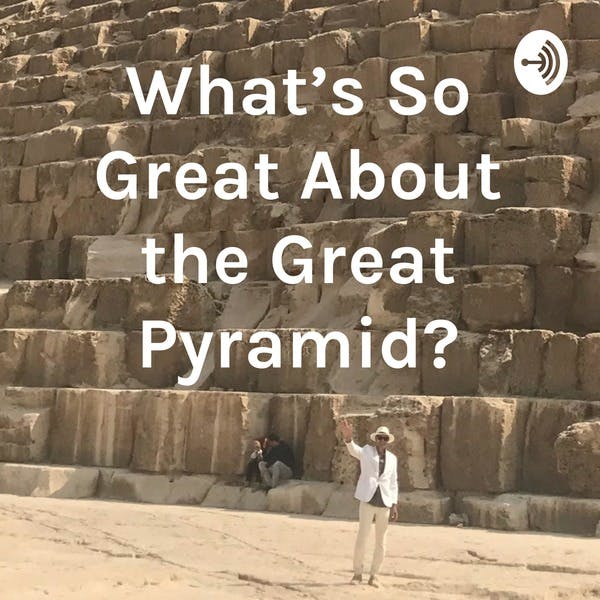 |
What's So Great About the Great Pyramid? The Great Pyramid is the only one of the Seven Wonders of the Ancient World still standing. It was the tallest building on the Earth for almost 4000 years. It is still fascinating people today as one of the most visited monuments in the world. "What's So Great About the Great Pyramid?" is a podcast by the American Institute of Pyramid Research which focuses on explaining the history, the mystery and the secrets of this grand structure. |
 |
The American Research Center in Egypt supports research, broadening knowledge about Egyptian culture, and building cultural ties. Our podcast program features exciting research and fieldwork, presented by scholarly authorities. |
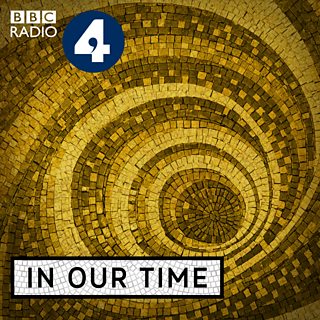 |
In Our Time is a live BBC radio discussion series and podcast exploring a wide variety of historical topics, presented by Melvyn Bragg, since 15 October 1998. Click the link to see their episodes based on Ancient Egypt. |

 500 things you should know about history
by
500 things you should know about history
by
 Ancient Egypt
by
Ancient Egypt
by
 Ancient Egypt
Ancient Egypt
 Ancient Egypt
by
Ancient Egypt
by
 Ancient Egypt
by
Ancient Egypt
by
 Ancient Egypt
by
Ancient Egypt
by
 Ancient Egypt
by
Ancient Egypt
by
 Ancient Egypt myths and legends
by
Ancient Egypt myths and legends
by
 Ancient Egypt revealed
by
Ancient Egypt revealed
by
 Ancient Egypt: art, architecture and history
by
Ancient Egypt: art, architecture and history
by
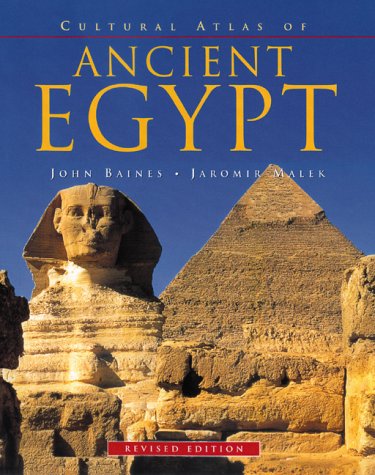 Ancient Egyptians
Ancient Egyptians
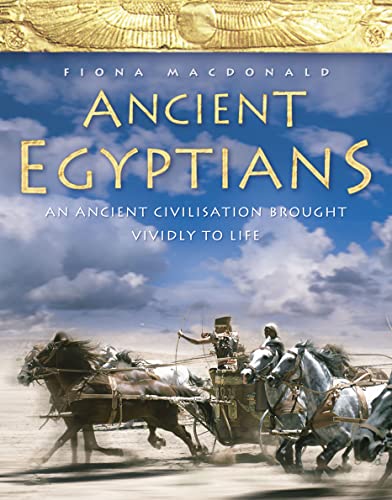 Ancient Egyptians
by
Ancient Egyptians
by
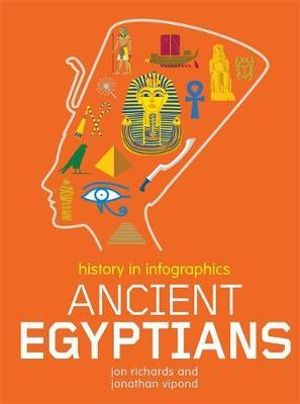 Ancient Egyptians
by
Ancient Egyptians
by
 Awesome Egyptians
by
Awesome Egyptians
by
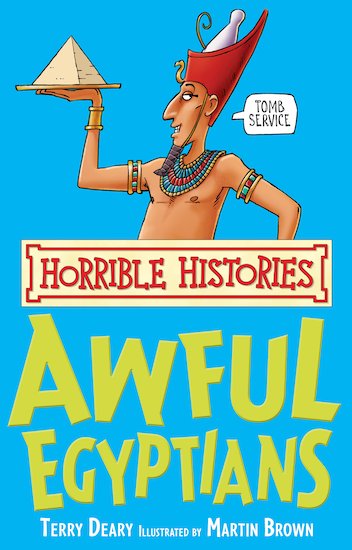 Awful Egyptians
by
Awful Egyptians
by
 The best book of mummies
by
The best book of mummies
by
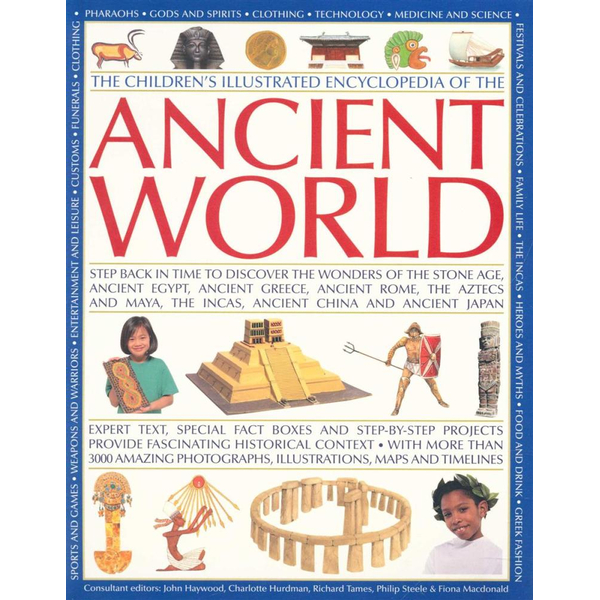 The children's illustrated encyclopedia of the ancient world
by
The children's illustrated encyclopedia of the ancient world
by
 Cleopatra : the life of an Egyptian Queen
by
Cleopatra : the life of an Egyptian Queen
by
 Egypt, gods, myths and religion : a fascinating guide to the alluring world of ancient Egyptian myths and religion
by
Egypt, gods, myths and religion : a fascinating guide to the alluring world of ancient Egyptian myths and religion
by
 The Egyptian news
by
The Egyptian news
by
 The Egyptians
by
The Egyptians
by
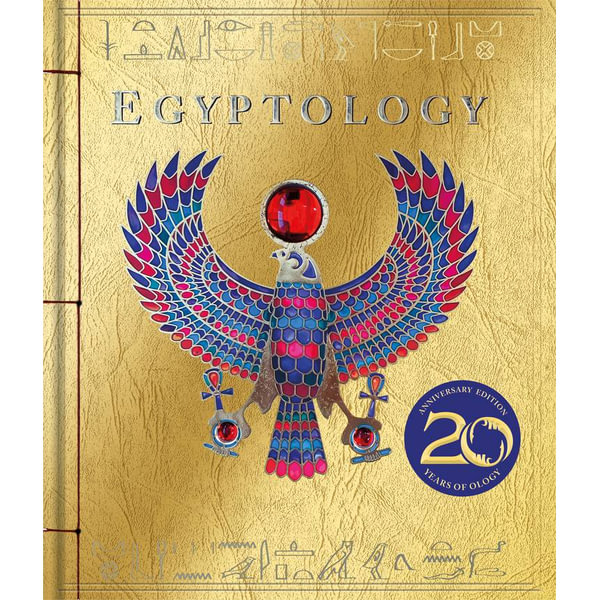 Egyptology
by
Egyptology
by
 The fall of empires : from glory to ruin, an epic account of history's ancient civilisations
by
The fall of empires : from glory to ruin, an epic account of history's ancient civilisations
by
 How would you survive as an ancient Egyptian?
by
How would you survive as an ancient Egyptian?
by
 Illustrated atlas of ancient Egypt
by
Illustrated atlas of ancient Egypt
by
 Imagining Egypt : a living portrait of the time of the Pharaohs
by
Imagining Egypt : a living portrait of the time of the Pharaohs
by